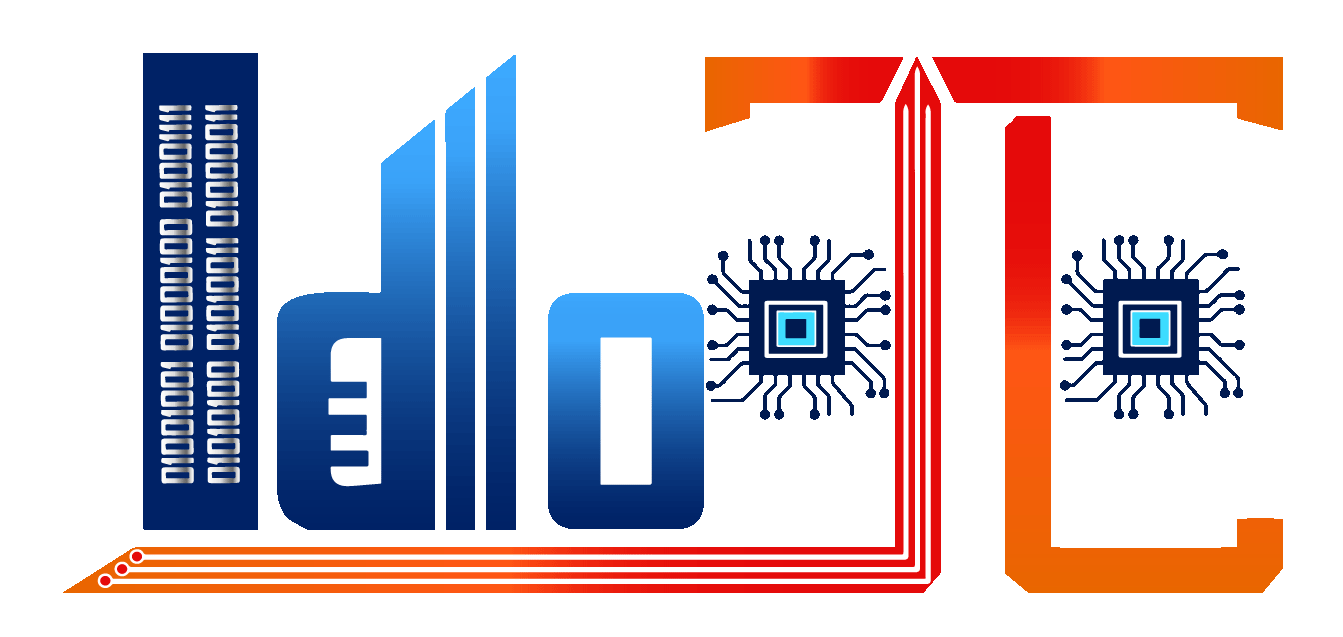Vietnam Among Countries at High Risk of Attacks Exploiting Adobe’s Session Reaper Vulnerability

As global e-commerce continues to grow rapidly—and particularly in Vietnam—the Magento (Adobe Commerce) platform has long been the choice of many businesses ranging from medium to large scale, especially in retail, fashion, and technology services. Magento’s high customizability and scalability enable these businesses to operate online sales systems efficiently while optimizing customer experience. However, the platform’s widespread use and complex structure also make it a prime target for cybercriminals. In recent months, a critical vulnerability named Session Reaper has been discovered and is being exploited aggressively on a global scale, placing tens of thousands of servers at risk of unauthorized control.
According to statistics from Sansec Shield, an international cybersecurity company specializing in monitoring attacks on e-commerce platforms, more than 95,000 Magento servers worldwide are currently exposed. Within 48 hours of the exploit code being publicly disclosed, the security community recorded over 300 automated attacks targeting more than 130 Magento servers. The speed and scale of these attempted intrusions have prompted experts to warn that Session Reaper may become one of the most significant cybersecurity threats to e-commerce in 2025.
What makes Session Reaper particularly dangerous is that exploiting it does not require advanced technical expertise. The vulnerability stems from how Magento handles data through its Web API, allowing attackers to inject malicious content into session data to execute remote code, upload webshells, and maintain persistent access to the server. Once inside, attackers can gain administrative privileges, extract payment data, modify the website’s source code, create hidden administrator accounts, and broaden the attack surface across related systems.
Why Vietnam Is at Higher Risk
In Vietnam, hundreds of major enterprises rely on Magento as a core component of their digital infrastructure, serving millions of users every day. Deployments often include various third-party modules, including REST API extensions, which—if poorly managed—increase the attack surface. According to Bkav’s report, 62% of Magento stores worldwide have not applied Adobe’s emergency patch released in early September. In Vietnam, that number is likely higher due to limited routine maintenance processes at small and medium-sized businesses.
A major contributing factor is operational culture. Many businesses deploy Magento and leave it running for years without version upgrades. This places the system outside the security patch cycle despite constant exposure to the Internet. Furthermore, some deployments lack protective layers such as Web Application Firewalls (WAF), making it easier for malicious requests to bypass filtering mechanisms.
Severity of Session Reaper
Session Reaper stands out due to the elevated privileges it grants attackers. Successful exploitation enables access to sensitive customer data, transaction history, and payment information. Attackers can modify site code, install backdoors, and maintain long-term presence. In many cases, compromised systems become relay stations for launching further attacks.
Dutch cybersecurity expert Willem de Groot, founder of Sansec, states: “Session Reaper is among the most severe Magento vulnerabilities in recent years. It allows attackers to bypass most authentication mechanisms and access administrator privileges silently. E-commerce systems without this patch are almost guaranteed to be targeted.”
Besides data theft, many threat groups now insert payment skimmers—malware designed to steal credit card information as users check out. This can inflict serious reputational damage, force compensation payments, and trigger penalties from international financial institutions.
Organized and Automated Attacks
Modern cybercrime rarely relies on manual intrusion. Most operations are automated through botnets and configurable scanning tools. Shortly after Session Reaper exploit code appeared on underground forums, threat groups integrated it into automated scanners designed to sweep the Internet for outdated Magento installations.
International cybersecurity analyst Kevin Beaumont, formerly of Microsoft, comments: “Once exploit code is public, the attack lifecycle shrinks to hours. Automated tools will find vulnerable systems. If a server isn’t patched quickly, it will be scanned and attacked with near certainty.”
As a result, even a one-day delay in applying security patches can lead to loss of data, system takeover, and financial damage.
Challenges in Vietnam’s E-commerce Landscape
Vietnam’s digital transformation continues at an impressive pace. Many small and medium-sized enterprises adopt e-commerce to reduce operational costs and expand market reach. However, these businesses typically lack dedicated security teams. Maintenance, patching, and monitoring often become afterthoughts—only addressed after incidents occur.
Bkav reports that many Vietnamese Magento systems lack proper monitoring for application-layer changes and module behavior. Without such oversight, administrators often fail to detect unauthorized webshell uploads or abnormal API behavior.
Warning Signs of Possible Exploitation
International experts highlight multiple indicators that can help businesses detect intrusions. The appearance of suspicious administrator accounts—with full privileges—is often the first signal. In some cases, attackers inject unknown scripts into payment pages. Additionally, unusual slowdowns in server performance may indicate hidden scripts executing continuously.
U.S. cybersecurity expert Jake Williams, formerly of the NSA, notes: “Attackers typically avoid immediate disruption. Their priority is persistent access and silent data collection. Early detection significantly reduces impact.”
In several compromised Magento environments, administrators discovered malicious PHP files buried deep within media or var directories—locations commonly excluded from routine inspection. Some scripts were obfuscated to evade automated scanning.
Long-term Consequences
Businesses often underestimate the aftermath of data compromise. Beyond immediate data loss, they may face lasting damage: loss of customer trust, brand reputation erosion, and large recovery costs.
Research from the European Union Agency for Cybersecurity (ENISA) indicates that over 38% of e-commerce businesses lose between 20–50% of their customers following a major breach. Legal penalties related to privacy regulations such as GDPR can exceed monthly revenue.
Expert Recommendations
Israeli researcher Amit Serper, well-known in malware analysis, warns that patching alone is insufficient if attackers already gained access. Backdoors may remain dormant and reactivate later.
British security expert Troy Hunt, founder of Have I Been Pwned, adds: “E-commerce platforms hold highly sensitive data. When businesses neglect updates, they shift the full burden of risk onto their customers.”
Preventive Measures
Administrators should implement scheduled maintenance cycles rather than reacting to incidents. Web Application Firewalls should be enabled to filter suspicious requests. According to many experts, this can block most Session Reaper exploit attempts.
Limiting administrative access is crucial. Multi-factor authentication (MFA), granular role-based permissions, and real-time access logs contribute to stronger overall resilience.
Large organizations often deploy real-time monitoring tools to detect anomalies such as rapid file changes or unusual API usage.
How End Users Can Protect Themselves
Consumers should exercise caution during checkout. If the payment interface appears unfamiliar, requests excessive data, or redirects to an unknown domain, the transaction should be halted. Using virtual cards, e-wallets, and avoiding browser-saved payment data helps reduce exposure.
Incident Response When Suspicion Arises
If an organization suspects intrusion, the first priority is isolating the server from the Internet to halt data exfiltration. Restoration should be performed from a clean backup. Administrators should inspect all directories—particularly var, app, and media—for rogue webshell files. Changing all administrator passwords, database credentials, and API keys is mandatory.
Bkav advises businesses to perform full system audits, as Session Reaper allows creation of hidden administrative accounts. Without removing them, attackers may return even after patching.
Lessons from Past Magento Attacks
Magento was previously the target of the 2018 Magecart attacks, which resulted in billions of dollars in damage and millions of stolen credit cards. Some enterprises temporarily shut down operations for weeks to investigate and restore systems.
These incidents underscore that vulnerabilities like Session Reaper threaten not only individual businesses but also supply chains, since one compromised store can serve as a launchpad for broader attacks.
Future Trends
Experts predict an increase in cybercrime targeting payment infrastructure. As Vietnam’s e-commerce market grows more than 25% annually, the country may become an attractive hotspot. Government agencies are expected to introduce stricter regulatory frameworks to guide cybersecurity standards.
Conclusion
The Session Reaper vulnerability in Adobe Commerce/Magento serves as a stark warning for the global e-commerce industry. With more than 95,000 servers worldwide at risk—and Vietnam relying heavily on Magento—the threat environment is escalating. Delayed updates, insufficient security procedures, and gaps in technical expertise worsen the situation.
Businesses must not wait for incidents to occur. In a digital landscape increasingly shaped by cyber threats, prevention is always more cost-effective than remediation. Applying security patches, conducting system audits, strengthening defense layers, and improving staff awareness are not options; they are obligations.

